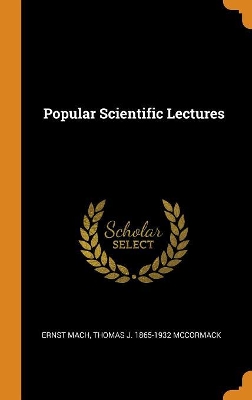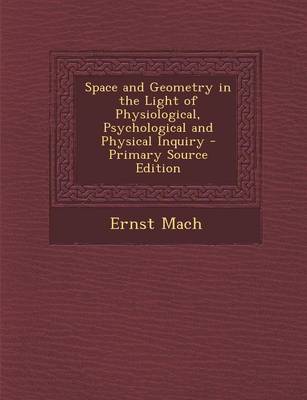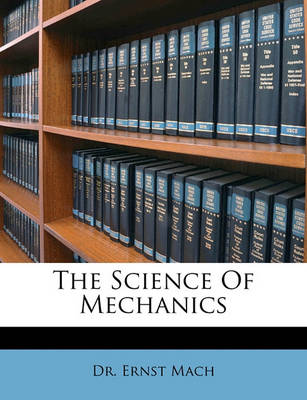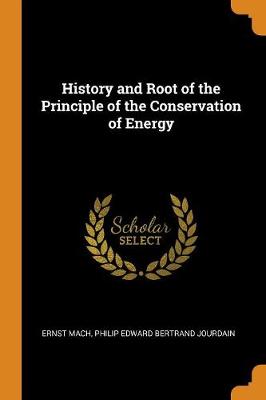Cambridge Library Collection - Physical Sciences
4 total works
Popular Scientific Lectures
by Ernst Mach and Thomas J 1865-1932 McCormack
Published 12 December 1988
The Austrian scientist Ernst Mach (1838-1916) carried out work of importance in many fields of enquiry, including physics, physiology, psychology and philosophy. Many significant thinkers, such as Ludwig Wittgenstein and Bertrand Russell, benefited from engaging with his ideas. Mach delivered the twelve lectures collected here between 1864 and 1894. This English translation by Thomas J. McCormack (1865-1932) appeared in 1895. Mach tackles a range of topics in an engaging style, demonstrating his abilities as both a researcher and a communicator. In the realm of the physical sciences, he discusses electrostatics, the conservation of energy, and the speed of light. He also addresses physiological matters, seeking to explain aspects of the hearing system and why humans have two eyes. In the final four lectures, he deals with the nature of scientific study. The Science of Mechanics (1893), Mach's historical and philosophical account, is also reissued in this series.
Space and Geometry in the Light of Physiological, Psychological and Physical Inquiry
by Ernst Mach
Published 1 January 2010
The Austrian scientist Ernst Mach (1838-1916) carried out work of importance in many fields of enquiry, including physics, physiology, psychology and philosophy. Published in this English translation of 1906, these essays examine geometry from three different perspectives. Mach argues that, as our ideas about space are created by the senses and how we experience our environment, researchers must not consider the subject from a mathematical standpoint alone. In the first essay, he explains how humans generate spatial concepts. Next, he discusses the psychology of geometry, its empirical origins, and its development. In the final piece, he writes from the viewpoint of a physicist, outlining how various mathematicians, such as Carl Friedrich Gauss and Bernhard Riemann, have contributed to our geometrical understanding. Also reissued in this series in English translation are Mach's The Science of Mechanics (1893) and Popular Scientific Lectures (1895).
Ernst Mach (1838-1916), the first scientist to study objects moving faster than the speed of sound, propounded a scientific philosophy which called for a strict adherence to observable data. He maintained that the sole purpose of scientific study is to provide the simplest possible description of detectable phenomena. In this work, first published in German in 1883 and here translated in 1893 by Thomas J. McCormack (1865-1932) from the 1888 second edition, Mach begins with a historical discussion of mechanical principles. He then proceeds to a critique of Newton's concept of 'absolute' space and time, reflecting Mach's rejection of theoretical concepts in the absence of definitive evidence. Although historically controversial, Mach's ideas and attitudes informed philosophers as influential as Russell and Wittgenstein, and his insistence upon a 'relative' idea of space and time provided much of the philosophical basis for Einstein's theory of general relativity decades later.
History and Root of the Principle of the Conservation of Energy
by Ernst Mach and Philip Edward Bertrand Jourdain
Published 1 January 2010
The Austrian scientist Ernst Mach (1838-1916) carried out work of importance in several fields of enquiry, including physics, physiology and psychology. In this short work, first published in German in 1872 and translated here into English in 1911 by Philip E. B. Jourdain (1879-1919) from the 1909 second edition, Mach discusses the formulation of one of science's most fundamental theories. He provides his interpretation of the principle of the conservation of energy, claiming its foundations are not in mechanical physics. Mach's 1868 work on the definition of mass - one of his most significant contributions to mechanics - has been incorporated here. His perspective on the topic as a whole remains relevant to those interested in the history of science and the theory of knowledge. Also reissued in this series in English translation are Mach's The Science of Mechanics (1893) and Popular Scientific Lectures (1895).



